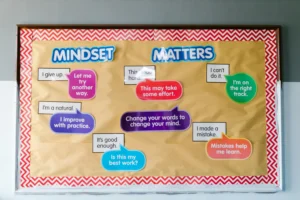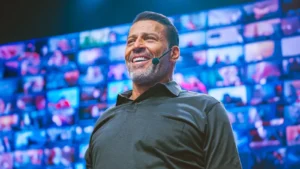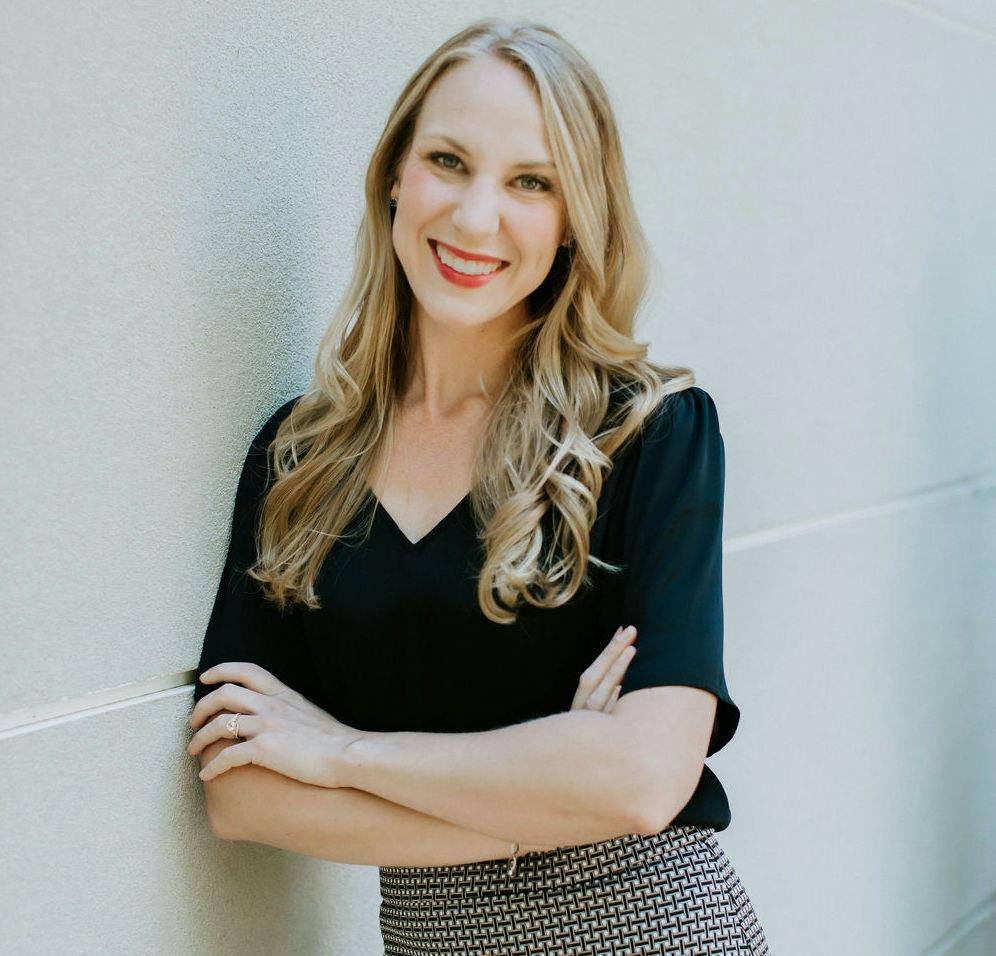The world of marketing is dynamic, challenging, and profoundly influential in shaping consumer behavior and business trends.
If you’re aspiring to dive into this exciting field, you’ll need a combination of education, practical experience, continuous learning, and networking skills.
In this article, we’ll explore how to become a marketer by focusing on key areas such as academic qualifications, certification courses, self-education, networking, and gaining practical experience through freelance work or marketing projects.
1. Academic Path: Degree in Marketing
A traditional starting point for many aspiring marketers is obtaining a degree in marketing. A bachelor’s degree in marketing provides a strong foundation in essential concepts such as market research, consumer behavior, marketing strategies, digital marketing, and brand management.
These programs often include case studies, internships, and projects that give a practical edge to the theoretical knowledge acquired.
Pros:
- Comprehensive understanding of marketing principles.
- Recognition by employers as a formal qualification.
- Networking opportunities with peers and faculty.
Cons:
- Can be expensive.
- Time-intensive.
2. Alternative Learning: Certificates in Marketing
For those who cannot commit to a full degree or are looking to supplement their knowledge, certificates offer flexibility and specialization. There are numerous free and paid online courses available on platforms like Coursera, Udemy, and Google Digital Garage.
These courses range from introductory to advanced levels, covering various topics like social media marketing, SEO, content marketing, and analytics.
Pros:
- Flexible and can be self-paced.
- Often more affordable than a degree.
- Certificates from reputed organizations add value to your resume.
Cons:
- May not be as comprehensive as a degree.
- Requires self-discipline and motivation.
3. Self-Education: Reading Marketing Books
Reading books by marketing experts and thought leaders is a great way to expand your knowledge. Books like “Influence: The Psychology of Persuasion” by Robert Cialdini or “Contagious: How to Build Word of Mouth in the Digital Age” by Jonah Berger provide deep insights into consumer behavior and effective marketing strategies.
Pros:
- Cost-effective way to learn.
- Diverse perspectives from different authors.
- Stay updated with the latest trends and strategies.
Cons:
- Requires time and commitment to self-study.
- May lack the interactive aspect of formal education.
4. Building Connections: Networking
Networking is crucial in the marketing world. Attend industry conferences, seminars, and webinars. Join professional organizations such as the American Marketing Association (AMA).
Engage on platforms like LinkedIn to connect with industry professionals. Networking can lead to mentorship opportunities, job offers, and collaborative projects.
Pros:
- Opportunities for mentorship and career advancement.
- Staying informed about industry trends and job openings.
- Building lasting professional relationships.
Cons:
- Can be intimidating for introverts.
- Requires time and effort to build meaningful connections.
5. Practical Experience: Freelance Work and Marketing Projects
Lastly, nothing beats hands-on experience. Start by doing freelance marketing work or participating in marketing projects.
This could involve managing social media accounts, creating content, or assisting in market research. Real-world experience helps in understanding the practical challenges and nuances of marketing.
Pros:
- Direct application of marketing theories and concepts.
- Building a portfolio to showcase your skills.
- Learning by doing, which can accelerate skill development.
Cons:
- May start with low-paying or unpaid opportunities.
- Requires initiative and self-marketing skills.
Final Thoughts on Becoming a Marketer
Becoming a marketer is a journey of continuous learning and adaptation. Combining formal education with self-study, certification courses, networking, and practical experience creates a well-rounded skill set that can open doors to exciting opportunities in the marketing world.
Remember, the key is to remain curious, adaptable, and proactive in your pursuit of marketing excellence.
If you want to receive mentorship from me and break into marketing, explore my online courses.














